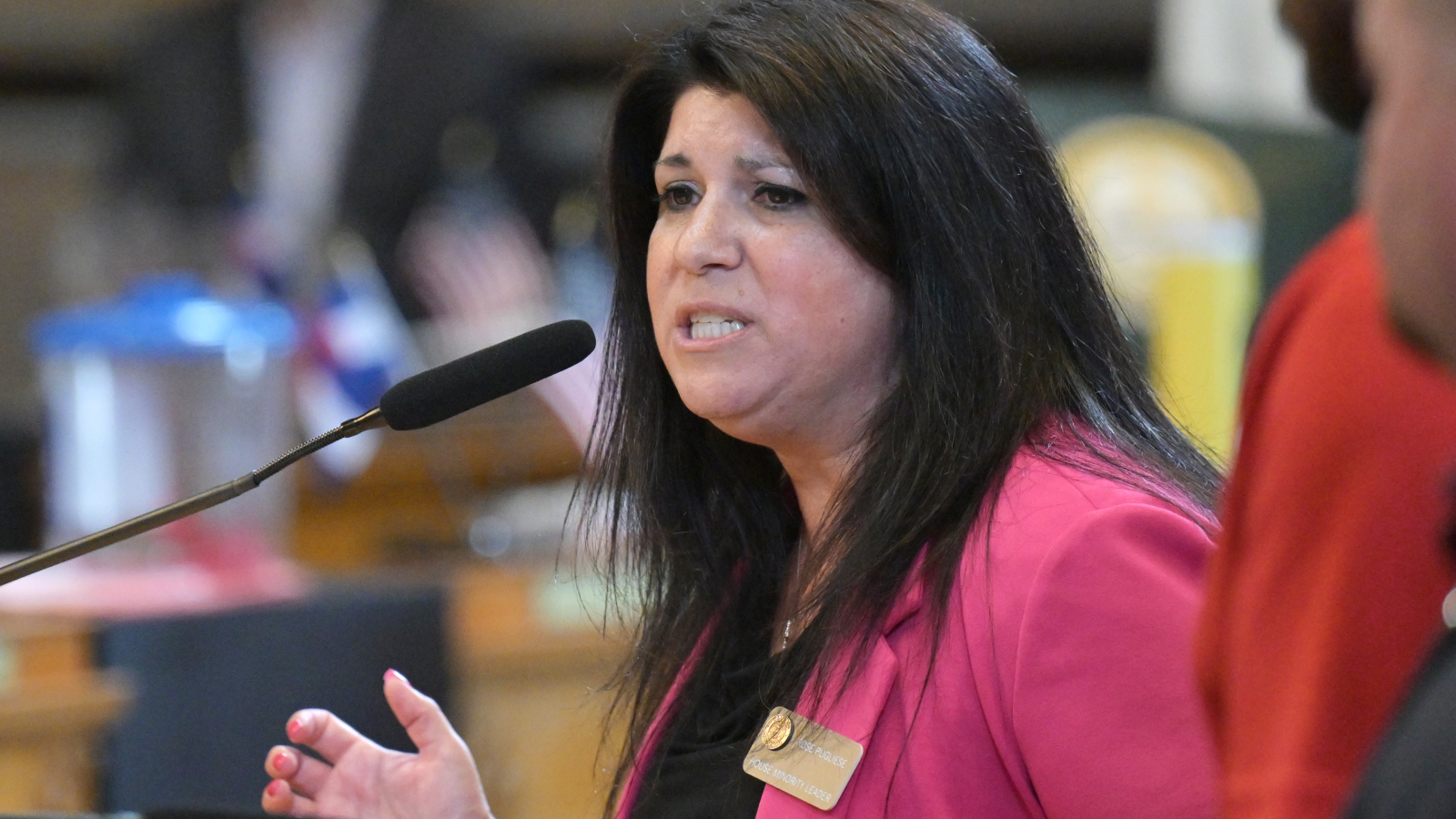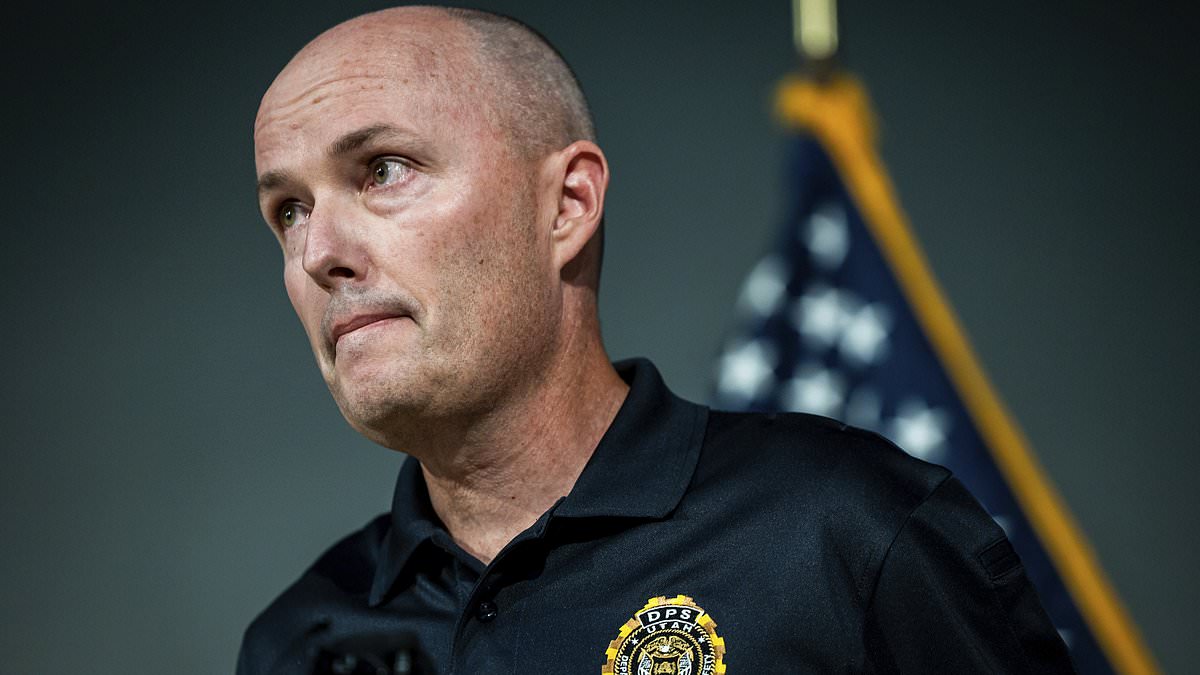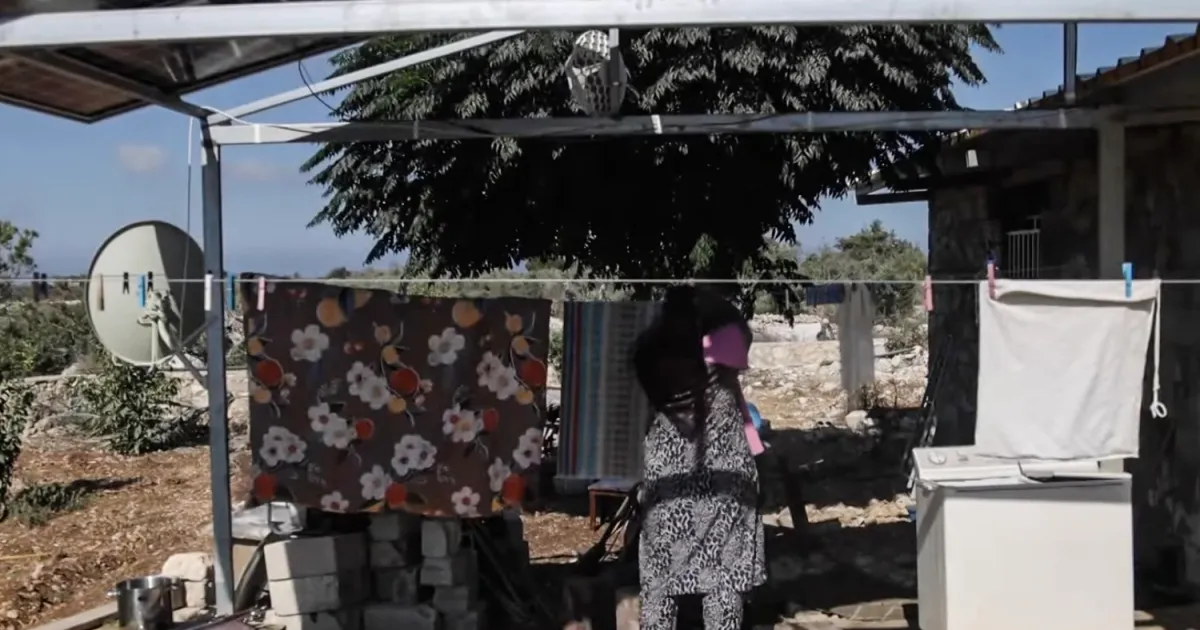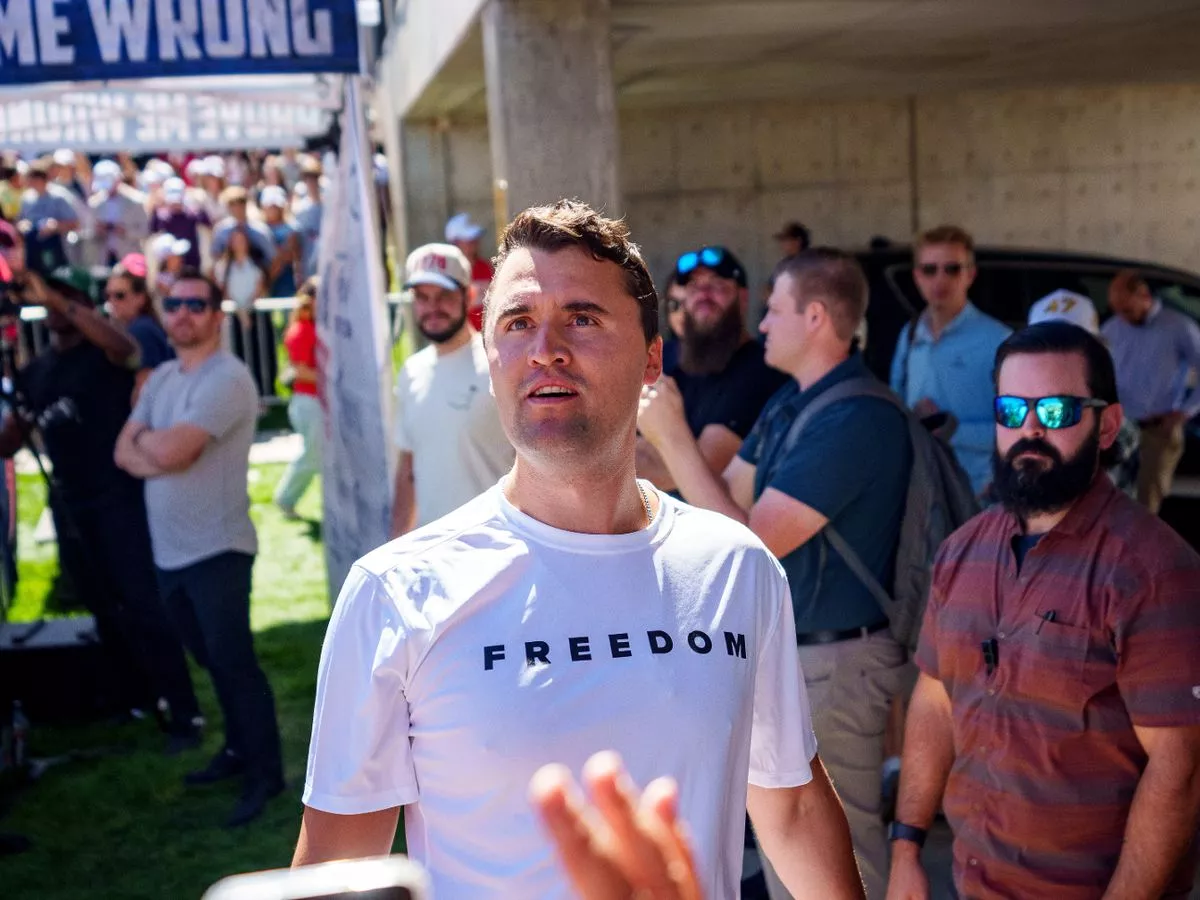By Ghana News,Jeff Kelly Lowenstein
Copyright ghananewss

The latest act in a season of rising political violence, Charlie Kirk’s assassination on a college campus in Utah last Wednesday has caused a torrent of reactions across the political divide within the United States.
Leading Democratic politicians and party elders like former presidents Barack Obama and Joe Biden have decried the brutal act, while Utah Republican Governor Spencer Cox has called to turn down the political thermometer lest future acts occur.
Unfortunately, this reasonable response has been far from universal. Rather than calling for unity, President Donald Trump and other Republican leaders who did not denounce political violence against Democratic politicians have instantly and insistently blamed the “radical left” and called for vengeance and retribution. On the other side, some on the left have posted mocking videos of Kirk’s murder or written approving comments on social media platforms. While Trump and these Republican leaders are in a much stronger position to make good on their menacing statements, both sets of reactions are underpinned by a devaluing of their political opponents’ humanity.
Others have taken the moment to reflect on Kirk’s life and offer their assessment of his contributions to American society. Several commentators have made the point that, while they did not agree with many of his views, the late Turning Point USA founder did bolster American democracy through his organization that has spread to campuses throughout the United States and through his “Prove Me Wrong” tours and debates on campuses similar to the one he was visiting when he was killed.
Ezra Klein is among this number. Writing in The New York Times, he praised Kirk’s “moxie and fearlessness” and said that Kirk practiced “politics the right way.”
I agree with part of Klein’s opinion. Drawing on annual revenues of more than $80 million, Kirk and Turning Point USA have done an extremely effective job of organizing on college campuses across the country. By showing up and debating whoever he encountered and skillfully advancing his message on social media, he moved into the space created by the arrogance the Democratic Party had shown toward young people. Rather than working to earn their vote, the party appears to have assumed that young people would vote for them simply because they had done so in the past. In that way the youth campus vote before Turning Point was not unlike the taxi industry before Uber: complacent and ripe for disruption.
The group and their leader played a significant role in American college students turning dramatically to the right in the 2024 elections. John Della Volpe, director of polling at Harvard Kennedy School’s Institute of Politics, who has studied young voters, told ABC News that Kirk’s impact spanned multiple generations. “Donald Trump is not president today without the support of young men, and Charlie Kirk deserves and deserved credit not just for organizing young men but persuading an older generation to listen and to invest,” he said.
Yet Kirk’s impact was not monolithic. Far from strengthening our democracy, many of his legally expressed and constitutionally protected opinions had the opposite effect. To give just a few examples, he claimed that it was a fact that “prowling blacks” go around for fun to go target white people with increasing frequency, told Taylor Swift to submit to her husband because she was “not in charge”, called Islam “the sword the left is using to slit the throat of America,” and said that the Democratic Party hates the country, wants to see it collapse and loves it “when America becomes less white.” Grounded in a demeaning of others’ humanity, these comments and many others Kirk made run directly counter to the social cohesion that is an integral component of a vibrant democracy.
Klein writes further in his piece that Kirk’s actions were based in a belief in the larger project of maintaining the viability of the American experiment with democracy. “We can live with losing an election because we believe in the promise of the next election,” he wrote.
But Kirk, at a pivotal moment in our nation’s history, did exactly the opposite.
David Corn described in a Mother Jones article how even before the election Kirk helped set the stage for Trump’s attempt to subvert the election and actively promoted his false conspiracy theory after the contest. Corn also pointed out that Kirk boasted in a tweet before January 6, 2021 that Students for Trump and Turning Point Action were “Sending 80+ buses full of patriots to DC to fight for this president.”
These statements and actions contradict Klein’s evaluation, suggesting instead that Kirk both bolstered our democracy through the growth of young people’s involvement while undermining its foundations through the views he advanced, the foundations of lies and deceit on which they were based, and his pre- and post-2020 election actions.
How we grapple with this complicated legacy may influence whether we pass through this turbulent moment with its rapid moves to authoritarianism toward a more peaceful period more closely aligned with the lofty ideals on which our country is based and that people of all political parties purport to cherish.
Chris Thompson, a dear friend from college, may have pointed the way forward during a lengthy exchange in our Facebook group this past weekend. He wrote about shedding tears both for Joe Biden after last year’s disastrous presidential debate because the then-president’s stumbling performance reminded him of his stepfather and mother-in-law’s cognitive decline and for Kirk because the conservative leader could have been his son.
The path forward may seem murky at best amidst the noise and threats echoing around our country. Yet heeding the wisdom in my friend’s call to hold tight to our shared humanity must be a critical element toward forging a path into a more united moment across our beautiful, wounded and blood-soaked land.
By Jeff Kelly Lowenstein



